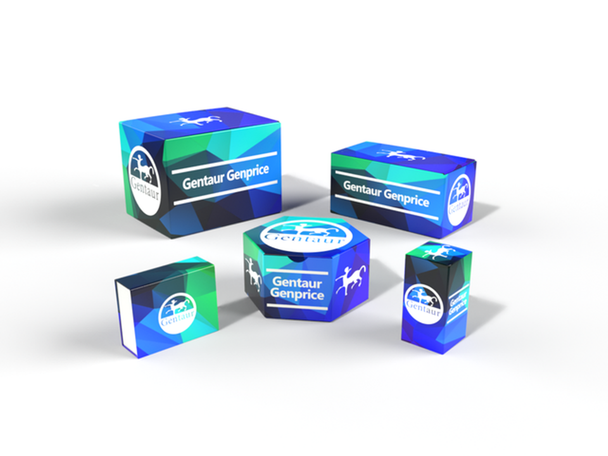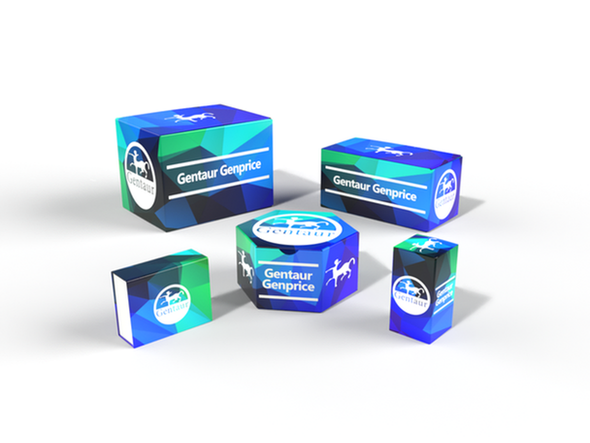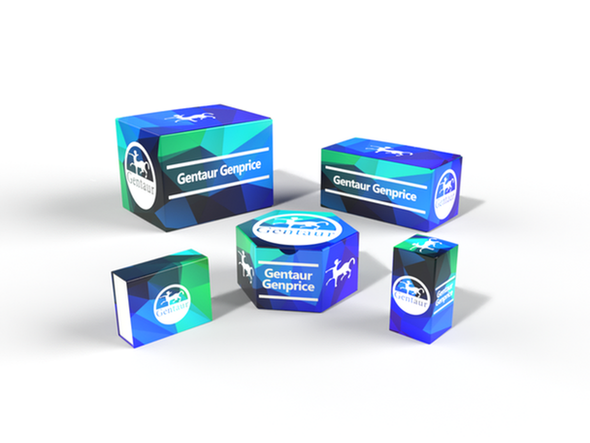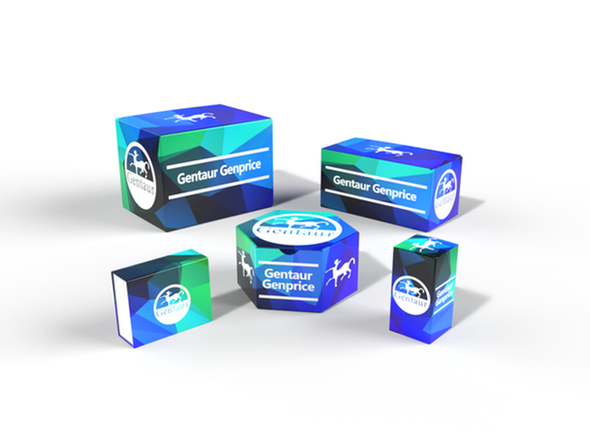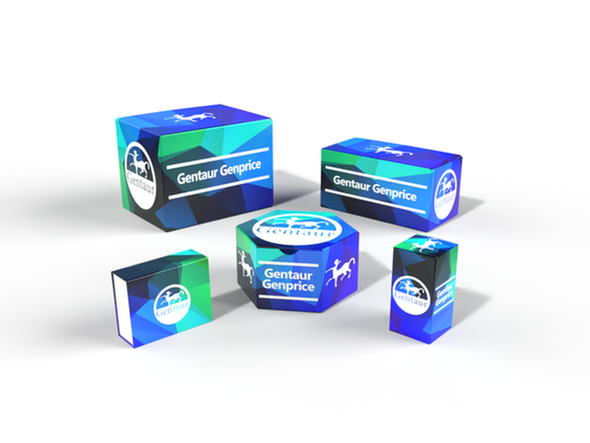BW
Cathepsin W polyclonal Antibody | BS62560
- SKU:
- BW-BS62560
- Availability:
- Usually ships in 5 working days
Description
Cathepsin W polyclonal Antibody | BS62560 | Gentaur UK, US & Europe Distribution
Host: Rabbit
Reactivity: Human,Mouse,Rat
Application: WB
Application Range: WB: 1:500~1:1000 IHC: 1:50~1:200
Background: Cathepsin W (lymphopain) and cathepsin F comprise a novel subgroup of cathepsin proteases, and are phylogenetically distinct from other human cathepsins. The cathepsin W gene maps to chromosome 11q13.1 and contains ten exons with introns ranging from 81-119 bp. Cathepsin W protein is expressed specifically in CD8+ T-lymphocyte. The expression of cathepsin W first occurs during the differentiation of thyrocytes to CD8+ T-lymphocytes, just as the thymocytes cease expression of CD4+ receptors. In transfected Cos-7 and Hela cells, cathepsin W localizes within the rough endoplasmic reticulum. Cathepsin W contains a unique 21-amino acid peptide insertion between the active site histidine and asparagine residues, in addition to a distictive 8-amino acid carboxy- terminal extension. An extended loop structure in the second or β-sheet domain and an additional disulfide bind are two of several signature features of cathepsin W. Other features of cathepsin W include an additional cysteine, an S2 pocket and an additional residue. Cathepsin W may exist as a dimer with each monomer forming a disulfide bond.
Storage & Stability: Store at 4°C short term. Aliquot and store at -20°C long term. Avoid freeze-thaw cycles.
Specificity: Cathepsin W polyclonal Antibody detects endogenous levels of Cathepsin W protein.
Molecular Weight: ~ 42 kDa
Note: For research use only, not for use in diagnostic procedure.
Alternative Names: Cathepsin W; Lymphopain; CTSW
Immunogen: Synthetic peptide, corresponding to Human Cathepsin W.
Conjugate: Unconjugated
Modification: Unmodification
Purification & Purity: The Antibody was affinity-purified from rabbit antiserum by affinity-chromatography using epitope-specific immunogen and the purity is > 95% (by SDS-PAGE) .
Pathway:

